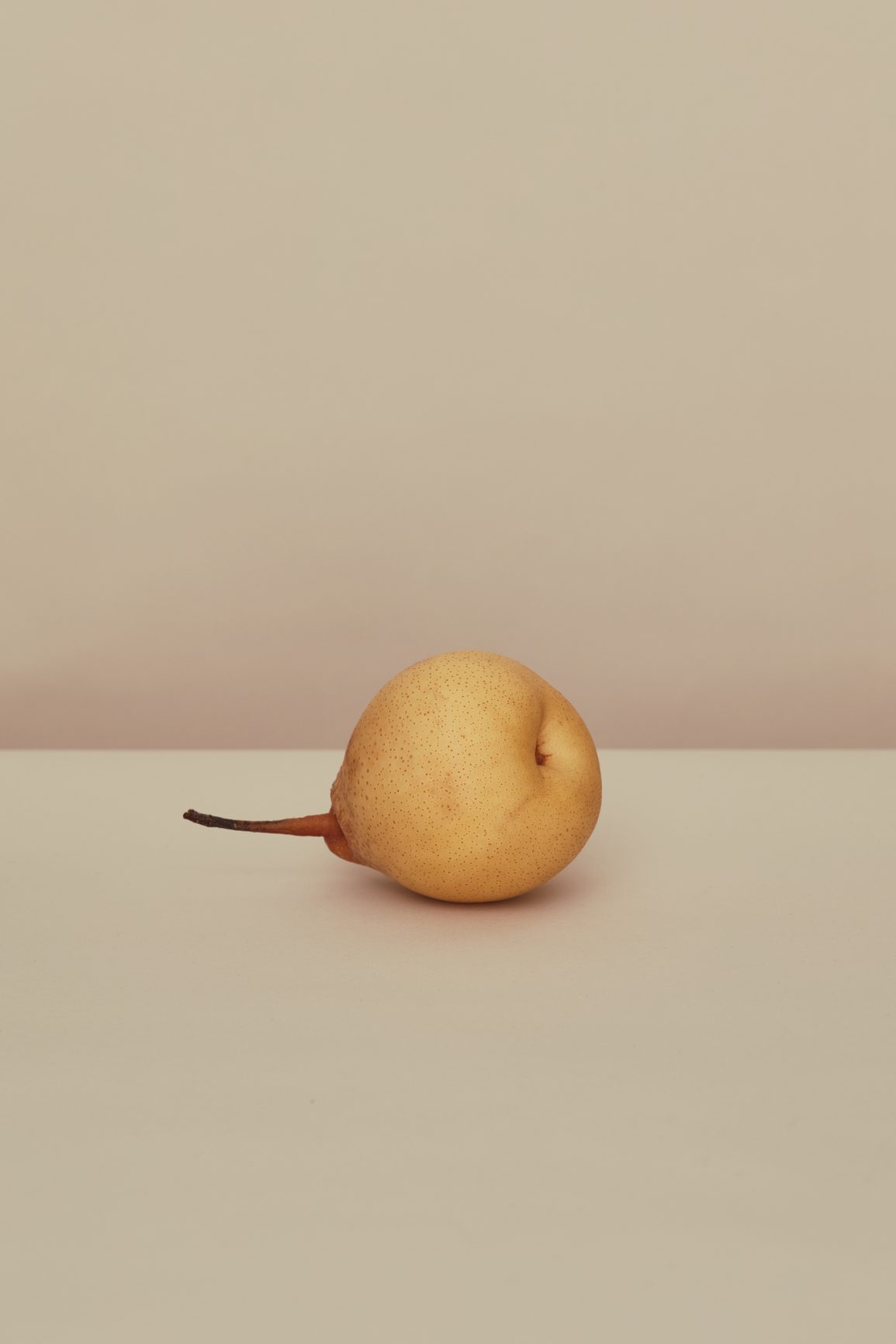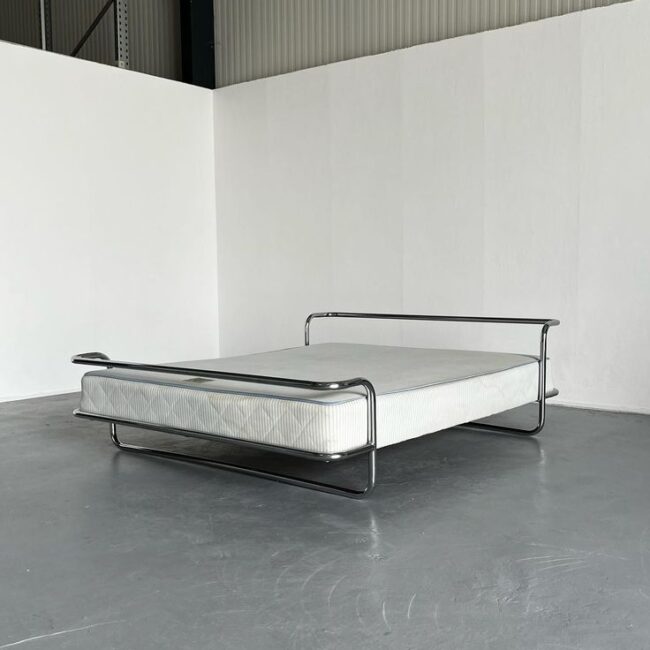On occasion, our back door can become a little jammed. Sometimes you feel as though you are pushing out a golden egg, and unluckily there is no pot of gold at the end. What is happening south of the waist that we are obviously not privy to?
There is no polite way to start this so let’s skip the pleasantries.
Why am I so effing constipated.
For those not in the know, constipation is defined as stagnancy out the rear end. Stools will become hard and/or nugget-like, along with abdominal discomfort, straining, bloating, and a sense of incomplete evacuation. Stools will not be a daily occurrence and will show up less than three times per week. This can be attributed to inadequate fluid intake, poor diet and a lack of fibre, stress, medication, metabolic and endocrine disturbances, and of course, any gut related issues such as, IBS-C, inflammatory bowel disease, cow’s milk allergy, and celiac disease.
If you do go to the toilette every day, but there is a smidge of strain accompanying your voyage, this is technically not classified as clinical constipation. Often people think they are constipated just because they ‘can’t go’ that day, but their stool will make its grand entrance the following day. This could indicate that your body was not in a relaxed state, therefore missing its window of opportunity to let that ‘shit’ go.
Tell me what to do exclamation point.
H20
Drink your damn fluids, for god’s sake, and we’re not talking sippy cup worth, we’re talking big girl gulps. Two to three litres per day, to be exact. We shit you not, dehydration is one of the most common causes of constipation. If humankind guzzled more aqua, this would fix half of our problems, number one being constipation. Some people are just plain ol’ constipated beings in general, we can’t help them, but for those that are actually suffering from constipation, bottoms up.
Fibre
Fibre is always the answer to our prayers when there is a little bit of strain that accompanies us whilst on the royal throne but why should I be putting fibre in and around my mouth, and how much of it? On average we should be consuming 25-30g of fibre per day.
There are two types of fibre, soluble fibre, which dissolves in water, think pectin and gums, which form a gel-like substance within the gut, making it easier to pass stools as well as an increase in the absorption of nutrients.
Insoluble fibre is made up of cellulose, hemicellulose and lignins, it creates the bulk which supports regular bowel movements sans the strain, whilst also keeping us full. Sources include nuts and seeds, legumes, whole-grains, raspberries, apple, pear, oats, sweet potato, peas, and cauliflower.
If you really want to up the ante, start inhaling those dates and prunes. A well-known natural remedy to get things moving.
Movement
Jump, skip, hop. Move that rig. The practice of aerobic exercise aka running, swimming, cycling et al. can help alleviate constipation by stimulating intestinal muscle contraction due to increased respiration and heart rate.
If you want to be proactive and get things moving on your own accord, then might we suggest a little tummy massage. Research suggests that massaging your abdomen when constipated will help promote relaxation, ease pain, and discomfort as well as decreasing the time it takes for the waste to move through your intestines.
Magnesium
The mother of all minerals. We love this bitch so much; we’d probably kill for her. Magnesium will assist with any moments of pause as she can increase the amount of water in the intestines, which in turn gets those bowels stirring.
Stress-less
Our tummy bears the brunt of any conniption; however, we don’t want you to pop a vessel or gain a haemorrhoid over spilt milk. We will often involuntarily clench our abdomen when under pressure, so calming that nervous system of yours will in turn soothe your digestive tract as the two are inextricably intertwined. Deep breaths, please.
Perfect posture
Whilst on the Royal throne, sit up straight (straighter than you used to sit when you were about to receive that golden star award in primary school), and elevate those pins. Our digestive system relies on peristaltic movements, which are wave-like muscle contractions that help transport food through the digestive tract. Poor posture compresses the abdominal organs and reduces peristaltic function.
Those rolls of paper should be rolling in a mere moment.




